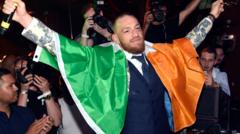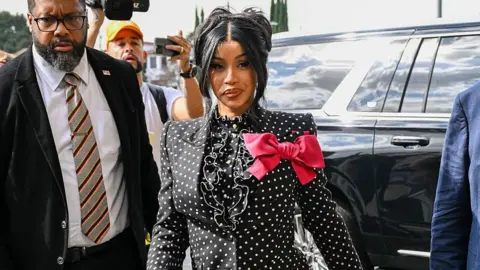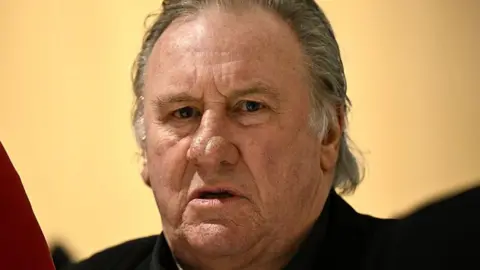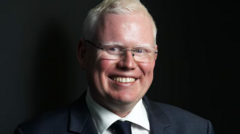Conor McGregor's tumultuous relationship with the people of Ireland has reached a critical juncture after a Dublin jury found him guilty of sexual assault in connection with a case brought by Nikita Hand, who accused him of raping her in a hotel in December 2018. The ruling comes with significant repercussions for McGregor, who proclaimed on social media, "The fight game awaits!" despite the growing backlash against him. Many retailers in both Ireland and the UK have removed merchandise linked to McGregor, and various brands have severed ties, reflecting a drastic shift in public sentiment toward the once-revered athlete.
The jury's decision awarded Ms. Hand nearly €250,000 (£208,000) in damages, further amplifying McGregor's ongoing legal troubles. This case is not an isolated incident in the athlete's life, with previous brushes with the law including an arrest in 2018 for throwing a metal dolly at a bus window and a conviction for assaulting a man in a Dublin pub. Commentators suggest that public support for McGregor has been waning for some time, but the gravity of the recent verdict has propelled a seismic change.
In direct response to the jury's verdict, numerous supermarkets have withdrawn products associated with McGregor, and Proximo Spirits has announced it will no longer use his name or likeness to market Proper No Twelve whiskey. Other companies, such as IO Interactive, creators of the Hitman video game, have also ceased collaborations with him. This swift retreat from public support seems to echo a broader reckoning among the Irish populace regarding celebrity culture and accountability.
McGregor's rise to stardom began in 2013, capturing the imaginations of many as a symbol of determination and pride during an economically difficult time for Ireland. Mixed martial arts (MMA) was relatively unfamiliar in the country then, but McGregor's success in the sport turned him into a national icon. However, as his fame and wealth increased, so did the controversies surrounding his behavior—it raised questions about his accountability and societal impact.
Over the years, critics have pointed out that this iconic status has changed how people perceive McGregor, with some voicing concerns that he has strayed far from the values of discipline and resilience that propelled him into the limelight. Petesy Carroll, an MMA journalist, notes that as McGregor's influence expanded, so did the distractions related to his conduct.
Following the court ruling, Nikita Hand's case gained widespread attention, indicating a potential cultural shift in how sexual assault is perceived and discussed in Ireland. Reports of increased calls to the Dublin Rape Crisis Centre after the verdict signal a surge in public dialogue about these topics, with many expressing relief at seeing a high-profile case reach such a conclusion.
Public figures and business owners are responding decisively. Gary Scully, owner of Scully Fitness in Galway, announced the removal of a mural dedicated to McGregor, reflecting a new narrative in which he is viewed as no longer a role model. Scully's actions have found popular support, although he acknowledges that some remain critical, arguing it is symptomatic of an Irish tendency to alternate between idolization and disgrace.
With multiple stakeholders moving quickly to distance themselves from McGregor, and debates around celebrity accountability gaining momentum, it remains to be seen how this will affect the narrative surrounding not just McGregor, but public perceptions of athletes in Ireland going forward. The situation represents a critical moment of reflection and a cultural milestone in how society navigates issues of power, celebrity, and justice.



















